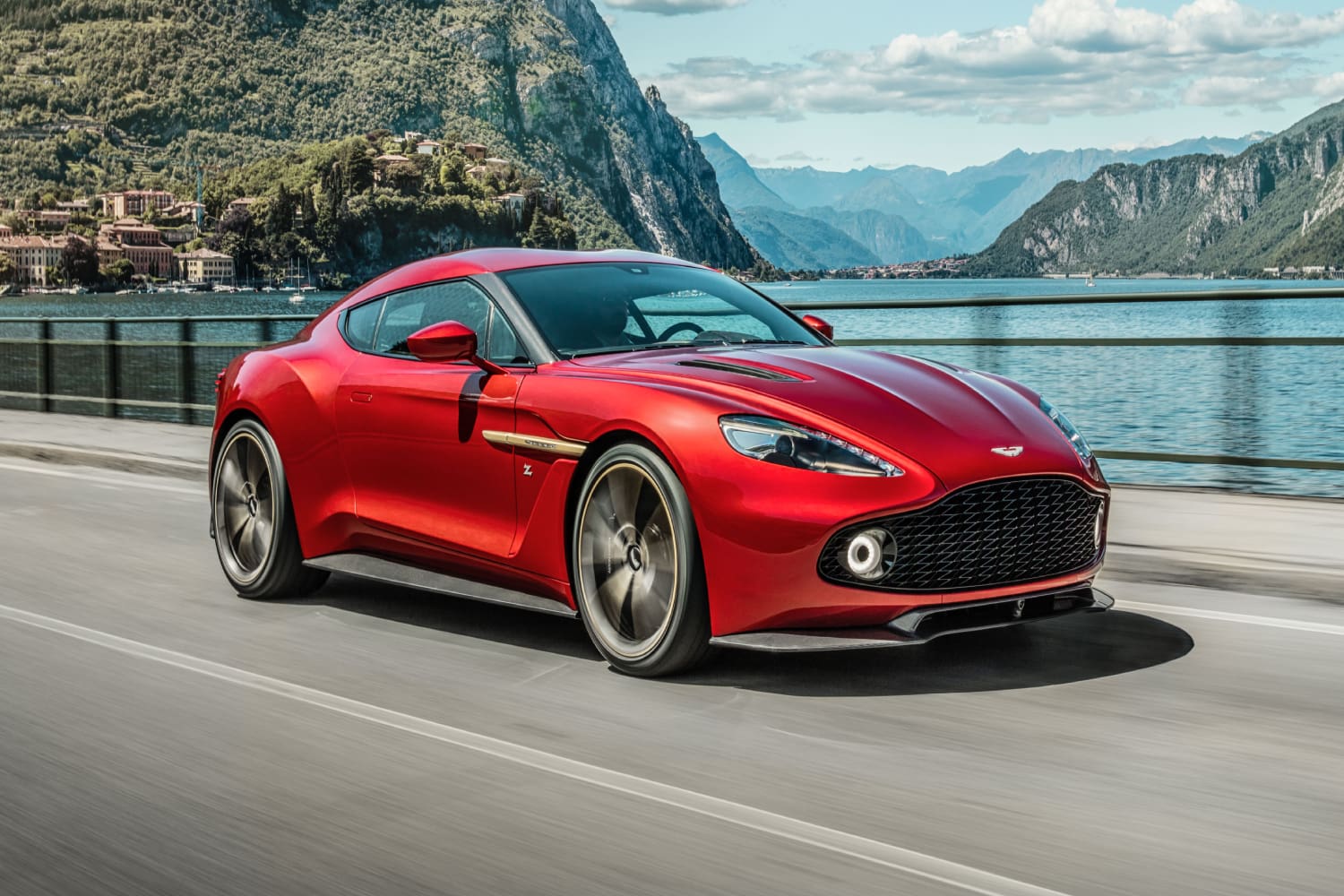Reasons Limited Edition Cars Make A Smart Investment
Limited-edition cars captivate enthusiasts with their rarity, unique designs, and often superior performance. But is their allure enough to justify a significant investment? While some limited editions appreciate over time, not all live up to the hype. In this article, we’ll explore the appeal, risks, and factors to consider when deciding if a limited-edition car is a smart addition to your investment portfolio.
Why Are Limited-Edition Cars So Desirable?

Limited-edition cars are produced in small numbers, often under prestigious sub-brands or special series. This scarcity factor alone drives demand, making these models highly desirable. But the appeal goes beyond exclusivity. Here are a few reasons why car enthusiasts and investors gravitate toward limited editions:
- Rarity: Owning one of a few hundred – or even fewer – of a model creates a sense of pride and exclusivity.
- Unique Features: Limited editions often include enhancements, like bespoke interiors, unique paint colours, or powerful engine upgrades that set them apart from standard models.
- Brand Legacy: Many limited editions celebrate a brand’s heritage or milestone, which can appeal to collectors who value automotive history.
A prime example of demand for rarity is the Porsche 911 R. With only 991 units produced, this limited-edition model appreciated rapidly post-release due to its nostalgic design and manual transmission. Similarly, Ferrari’s limited editions, like the LaFerrari, maintain high demand, due to brand prestige, scarcity & aspirational desirability.
The Premium Price Tag: Worth It or Overpriced?

Limited editions typically come with a hefty premium due to their unique features, rarity and demand. This might include advanced technology, lightweight materials, or aesthetic flourishes like custom badges and paint. But does the price guarantee value appreciation? Not always.
For example, some manufacturers release multiple “limited” versions of the same model, which can dilute exclusivity. Aston Martin’s Vanquish Zagato series initially offered 99 units, but added convertible, shooting brake, and speedster variants increased the total to 325 units, lowering exclusivity and resale values.
When evaluating if a limited edition’s premium is justified, consider:
- Production Volume: Confirm if the production is genuinely limited, or if more versions may follow.
- Type of Upgrades: Performance-oriented enhancements, like improved engines and handling, tend to add more long-term value than cosmetic changes alone.
- Market Sentiment: Look beyond the hype to assess demand among true enthusiasts and collectors.
A good example of lasting value is the Mercedes AMG GT Black Series, which has genuine performance upgrades. These features appeal to collectors seeking a high-performance car with a strong brand pedigree, enhancing the car’s long-term investment potential.
Key Factors for Appreciation in Value

Certain factors impact a limited edition’s potential to appreciate over time. Here’s what investors should consider:
1. Brand Heritage and Milestone Significance
Special editions celebrating iconic models or milestones often hold greater value. The Ford GT40 Heritage Edition, for instance, pays homage to the legendary GT40, which won Le Mans. This connection to motorsport history resonates with collectors, giving it a stable investment appeal.
2. Enthusiast Demand
Limited editions that resonate with enthusiasts tend to hold their value. For instance, Mercedes-Benz AMG Black Series models have a loyal fan base that values the brand’s racing legacy and engineering. When enthusiasts are passionate about a model, it’s more likely to appreciate in value.
3. True Production Scarcity
Models with extremely limited production runs are typically safer investments. Cars like the McLaren P1 or Porsche Carrera GT are prime examples – their scarcity keeps demand high, which bolsters their long-term value. Ensure that the car you’re eyeing has genuinely limited numbers to avoid depreciation.
4. Position Within the Brand’s Lineup
Ultra-exclusive “halo” models, which represent the brand’s top-tier achievements, are more likely to retain value. These flagship models often become collector items, as they showcase the brand’s pinnacle of innovation and style.
Risks of Investing in Limited-Edition Cars

While limited editions can be valuable assets, they’re not without risk. Here’s what to watch out for:
- Market Fluctuations: Demand can shift due to trends, economic factors, or the release of newer models. A car that’s popular today may lose appeal if a more advanced version hits the market.
- Speculative Pricing: Some limited editions see “bubble” pricing, where initial hype inflates prices, only for values to correct over time. Models like the Dodge Challenger SRT Demon initially surged in value, but saw a price correction soon after.
- Diluted Rarity: If manufacturers release multiple variants of a “limited” model, exclusivity drops. This dilution can affect resale value, as seen with the Aston Martin Vanquish Zagato series.
Choosing the Right Limited Editions for Investment

If you’re drawn to the idea of investing in limited editions, select models with enduring appeal and genuine exclusivity. Here are a few strategies:
- Focus on Brand Legacy: Look for models tied to a brand’s history or achievements. These cars often retain their value due to the emotional connection with collectors.
- Check Production Numbers Carefully: Confirm the model’s production run, including any regional or variant releases that might affect exclusivity.
- Consider Market Demand: Choose cars that attract genuine enthusiasm from collectors, as this usually signals stable resale values.
- Evaluate the Enhancements: Prioritise performance-driven upgrades over cosmetic changes, as these have a stronger influence on long-term value.
Are Limited-Edition Cars Worth the Investment?

Limited-edition cars offer a tempting mix of exclusivity and potential value appreciation, but they’re not a guaranteed success. For some models, the scarcity and unique features create high demand that holds strong over time. Others, however, are subject to market shifts or lack the true exclusivity promised.
Whether limited editions are a wise investment ultimately depends on your ability to evaluate rarity, brand significance, and market trends. Are you considering a limited edition for your collection? What factors matter most to you in a car investment? Let us know your thoughts in the comments below.

The post Reasons Limited Edition Cars Make A Smart Investment appeared first on My Car Heaven.

